
Our Team
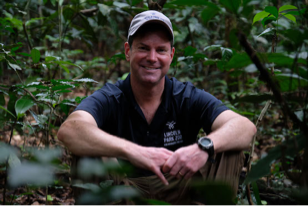
David Morgan, Ph.D.
Dr. Morgan is a Scientist Fellow of the Lester E. Fisher Center for the Conservation and Study of Apes, at Lincoln Park Zoo, Chicago. As co-PI of the GTAP, Dr. Morgan supervises and
READ MORE

David Morgan, Ph.D.
Dr. Morgan is a Scientist Fellow of the Lester E. Fisher Center for the Conservation and Study of Apes, at Lincoln Park Zoo, Chicago. As co-PI of the GTAP, Dr. Morgan supervises and
oversees field activities of this project. He co-designs research projects focused on great ape behavioral ecology, forests and environmental impacts facing apes today. Dr. Morgan believes the long-term monitoring of the Ndoki apes and forests hold important clues to identifying and addressing many of the pressing issues facing wildlife conservation, biodiversity and sustainability in production forests of Central Africa. David is a dedicated conservationist with more than 24 years’ experience working in the Ndoki forests. David values working closely with local communities, stakeholders, scientists and government officials. David Morgan graduated from Western Carolina University in 1992 where he majored in Biology. Following his undergraduate studies, Morgan worked at several zoological institutions including the Smithsonian Institute’s National Zoo and Busch Gardens in Tampa. His long-term interest in African great apes led him in 1996 to a research assistantship with the Mbeli Bai Gorilla Project located in the Nouabale-Ndoki National Park of the Republic of Congo. In 1999, Morgan initiated a study of chimpanzees in the nearby pristine forests of the Goualougo Triangle. David’s investigation on the social structure, spatial distribution and feeding ecology of three neighboring communities of chimpanzees was the focus of his doctoral research at Cambridge University, U.K.
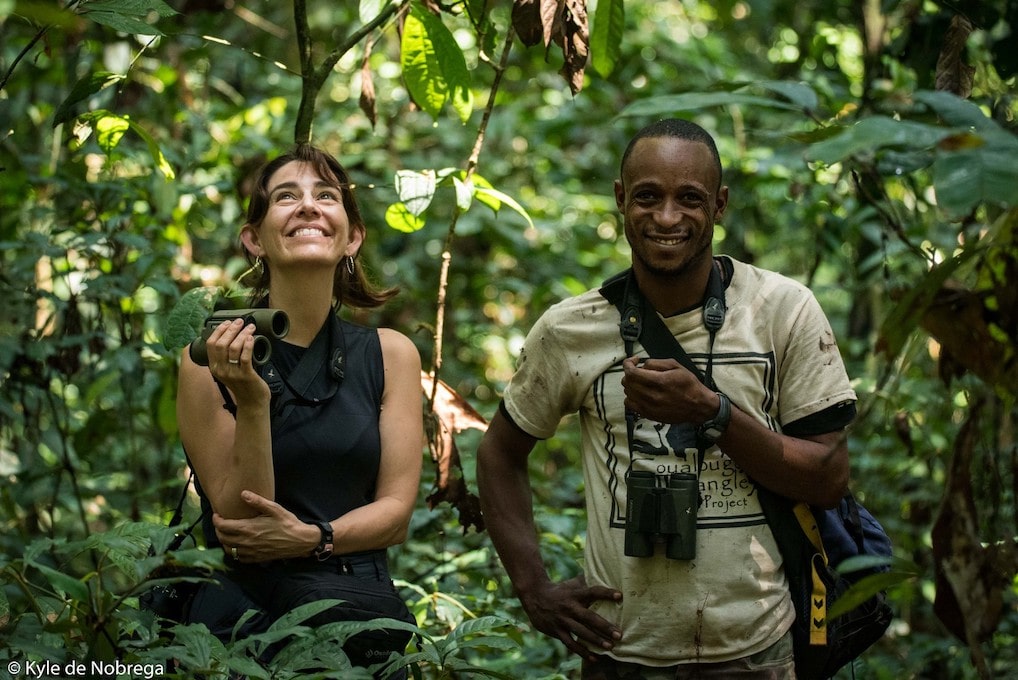
Crickette Sanz, Ph.D.
Dr. Sanz is a Professor of Anthropology at Washington University in St. Louis. Dr. Sanz’s role as a co-PI of the GTAP is to aid in implementing the different types of data collection and database management
READ MORE

Crickette Sanz, Ph.D.
Dr. Sanz is a Professor of Anthropology at Washington University in St. Louis. Dr. Sanz’s role as a co-PI of the GTAP is to aid in implementing the different types of data collection and database management
to achieve the objectives of this multi-faceted project. Dr. Sanz also oversees graduate students many whom conduct their thesis work in the Republic of Congo at Goualougo and Mondika field sites. Her research involves field studies and collaborative projects to examine intraspecific variation in the behavioral ecology of wild chimpanzees and gorillas. As co-principal investigator of the Goualougo Triangle Ape Project Dr. Sanz conducts field studies to examine the behavioral ecology of the central subspecies of chimpanzee and western lowland gorillas, the social and ecological factors shaping their complex lives. She is particlulalry interested in the tool using traditions of chimpanzees, and the effects of anthropogenic disturbance on sympatric chimpanzees and gorillas. These studies hold important insights for elucidating the role of ultimate and proximate forces in primate evolutionary history, which will aid in constructing valid models of human evolution from our closest living relatives.
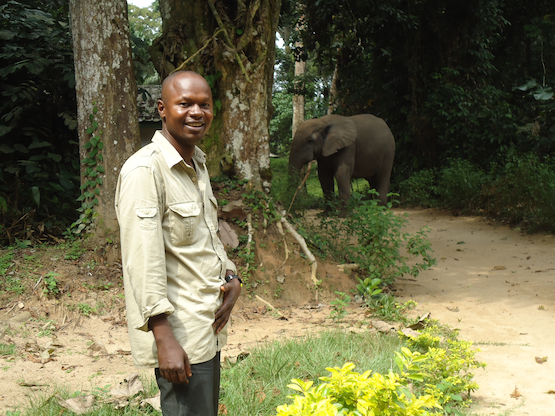
Crepin Eyana Ayina
Mr. Eyana is the GTAP-MDK Project Manager based out of the Nouabale-Ndoki National Park headquarters in Bomassa, Republic of Congo. Mr. Ayina joined GTAP in 2005 as a Research Assistant where he
READ MORE

Crepin Eyana Ayina
Mr. Eyana is the GTAP-MDK Project Manager based out of the Nouabale-Ndoki National Park headquarters in Bomassa, Republic of Congo. Mr. Ayina joined GTAP in 2005 as a Research Assistant where he
was first trained in leading surveys of ape nest counts in the logging concession. This research was followed by conducting direct observations of chimpanzees in the Goualougo Triangle. Currently, Mr. Ayina now oversees daily operations for both Goualougo and Mondika field sites.
Goualougo Triangle Ape Project Research Site
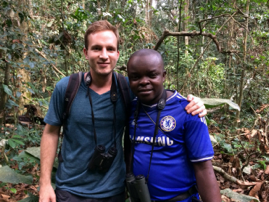
Sean Brogan
Site and Research Manager
Growing up in South Africa it is no surprise that Sean has always had a passion for wildlife conservation and primates. His interest in great apes only grew after volunteering at the Sanaga-Yong
READ MORE

Sean Brogan
Site and Research Manager
Growing up in South Africa it is no surprise that Sean has always had a passion for wildlife conservation and primates. His interest in great apes only grew after volunteering at the Sanaga-Yong
Chimpanzee Rescue Center in Cameroon, where he was able to experience firsthand the effects of the illegal wildlife trade on primates and other species. This lead him on several adventures working with different great ape species, from bonobos in the Democratic Republic of Congo to western lowland gorillas in Loango NP, Gabon, before returning to Sanaga-Yong chimpanzee rescue center as Assistant Manager. Sean took on the role as Site Manager of Goualougo Triangle in 2019 and could not be happier working in one of the last intact wildernesses. Sean recognizes the crucial work being conducted in the Goualougo Triangle to broaden our understanding of the central chimpanzee and gorilla populations, which contributes to their conservation. He is particularly interested in the coexistence of gorillas and chimpanzees.
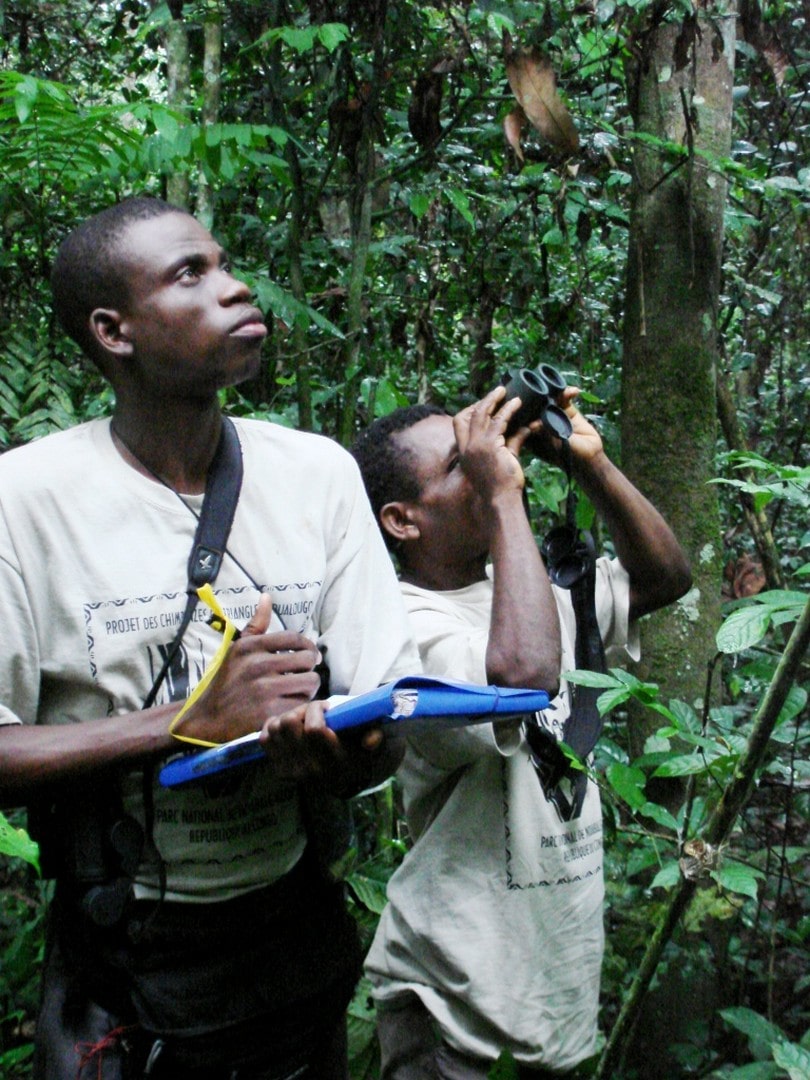
Wen Mayoukou
Researcher, Forest Ecology and Management
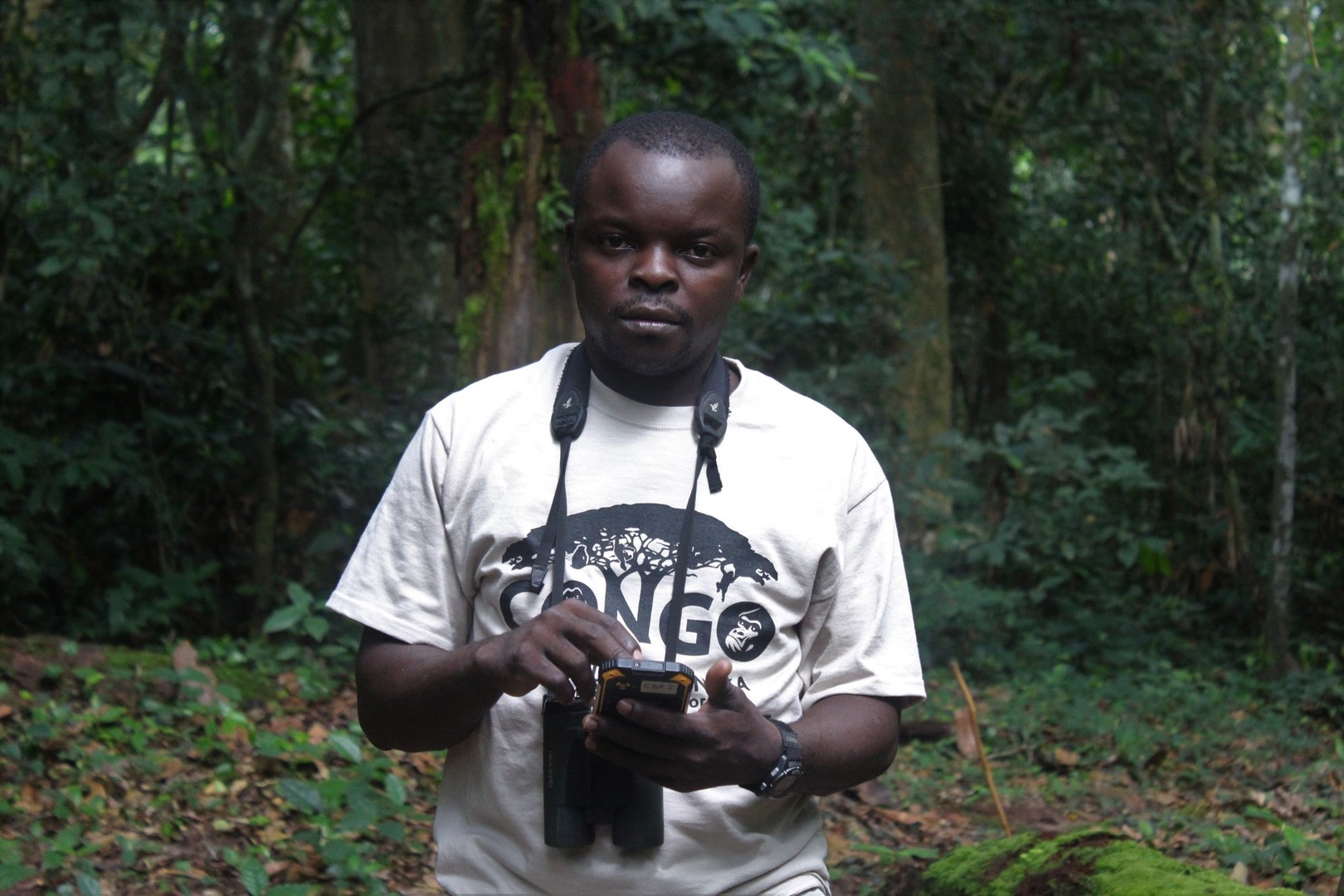
Severin Ndassoba
Research Assistant-Chimpanzees
Jean Marie Massamba
Research Assistant-Gorillas
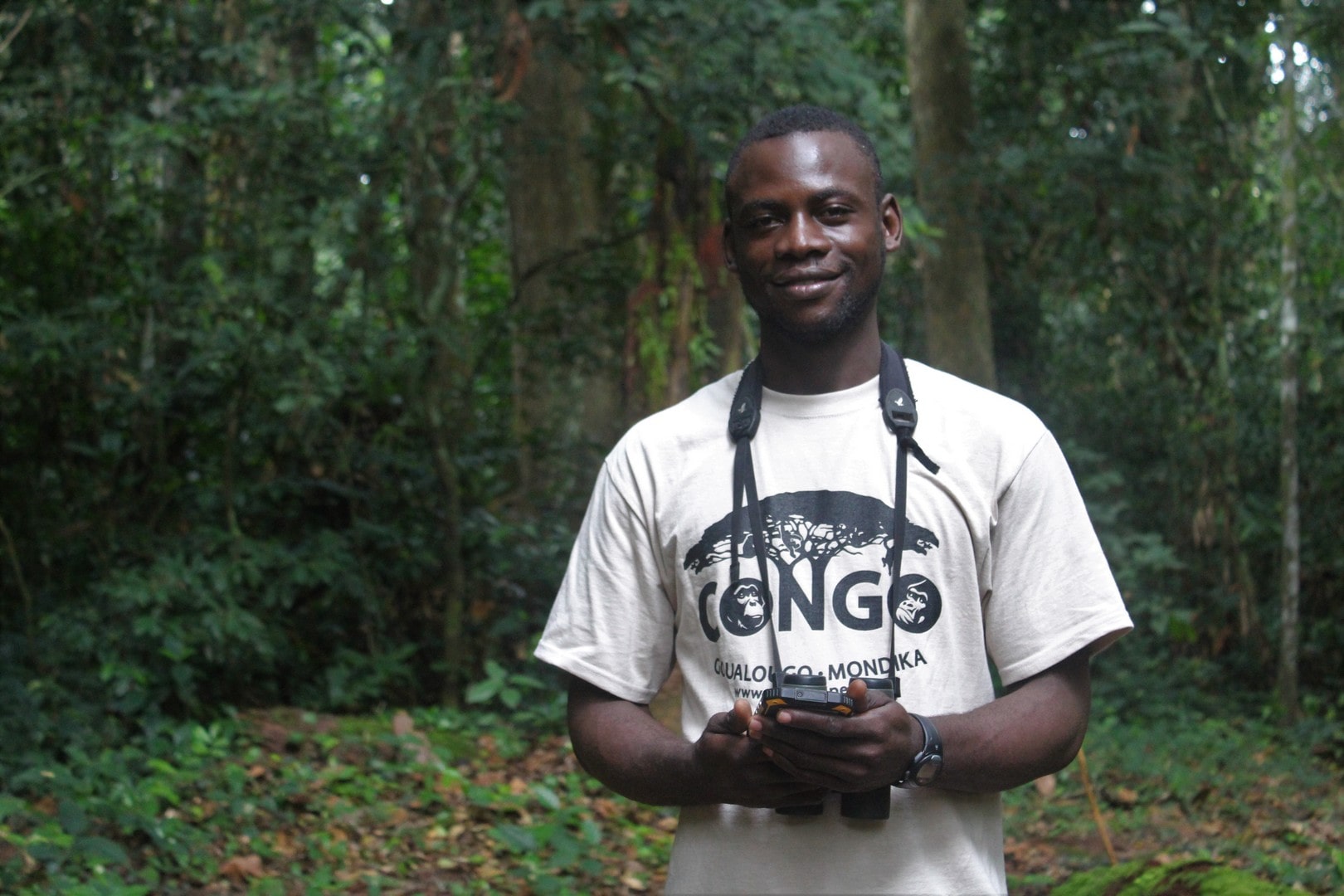
Gaiton Mbebouti
Research Assistant-Gorillas
Delon Ngoteni
Research Assistant-Chimpanzees
Claude Abedine
Research Assistant-Large Mammal Surveys
David Koni
Research Assistant-Botanist
Marcel Meguessa
Camp Logistician
Mondika Gorilla Project Site
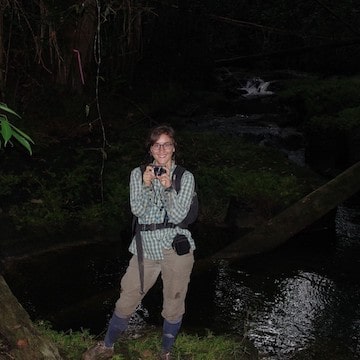
Julia Kuntz, Ph.d., MSc
Site and Research Manager
My strong curiosity has always been a driving force for me to continuously investigate and understand things around me. My career in evolutionary biology, with specialization in anthropology, followed consequently. Studying wild Bornean and Sumatran orang-utans in Indonesia for my masters and PhD has reinforced both my appetite to further understand the socio-ecology of our closest relatives
READ MORE

Julia Kuntz, Ph.d., MSc
Site and Research Manager
My strong curiosity has always been a driving force for me to continuously investigate and understand things around me. My career in evolutionary biology, with specialization in anthropology, followed consequently. Studying wild Bornean and Sumatran orang-utans in Indonesia for my masters and PhD has reinforced both my appetite to further understand the socio-ecology of our closest relatives
and the urge to contribute to the protection of wildlife and their habitat. I am an enthusiastic field researcher, enjoy working in a diverse team and strive for interdisciplinary exchanges. My aim is to combine research, education, and conservation efforts and thereby contribute to preserving the threatened biodiversity around the globe.
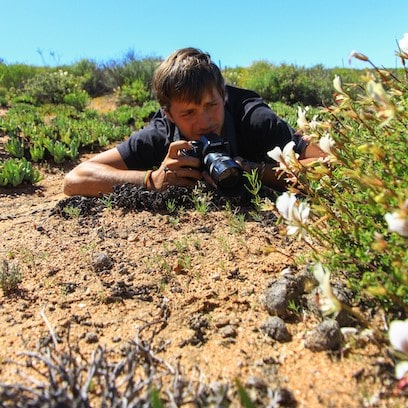
Guilhem Duvot, MSc
Research Consultant
Since early childhood, I am a naturalist in the heart. By naturalist, I mean that I enjoy exploring, observing and understanding nature more than anything. Following this passion, I came to study ecology at university. As I was getting older, I started to realize how fast the biodiversity was vannishing. It was happening in front of my eyes, the species I was observing as a child had disapeared
READ MORE

Guilhem Duvot, MSc
Research Consultant
Since early childhood, I am a naturalist in the heart. By naturalist, I mean that I enjoy exploring, observing and understanding nature more than anything. Following this passion, I came to study ecology at university. As I was getting older, I started to realize how fast the biodiversity was vannishing. It was happening in front of my eyes, the species I was observing as a child had disapeared
and were no longer there... I decided to volunteer for scientific missions mixing research and conservation which mainly aimed at studying and protecting the fast declining biodiversity all over the globe. These missions led me to live and work in incredible, remote wild places – mainly tropical forests, where I would see natural wonders daily that only a few lucky people have witnessed. Realizing that, I thought this was worth being shared to show that this beautiful wild nature still exists although under huge threats. Photography appeared to me as the best tool to share this with the public and It quickly became a new passion. My future path is now very clear, I want to continue to comit myself to meaningful projects aiming at protecting environnment and sensibilize as many people as possible to this cause.
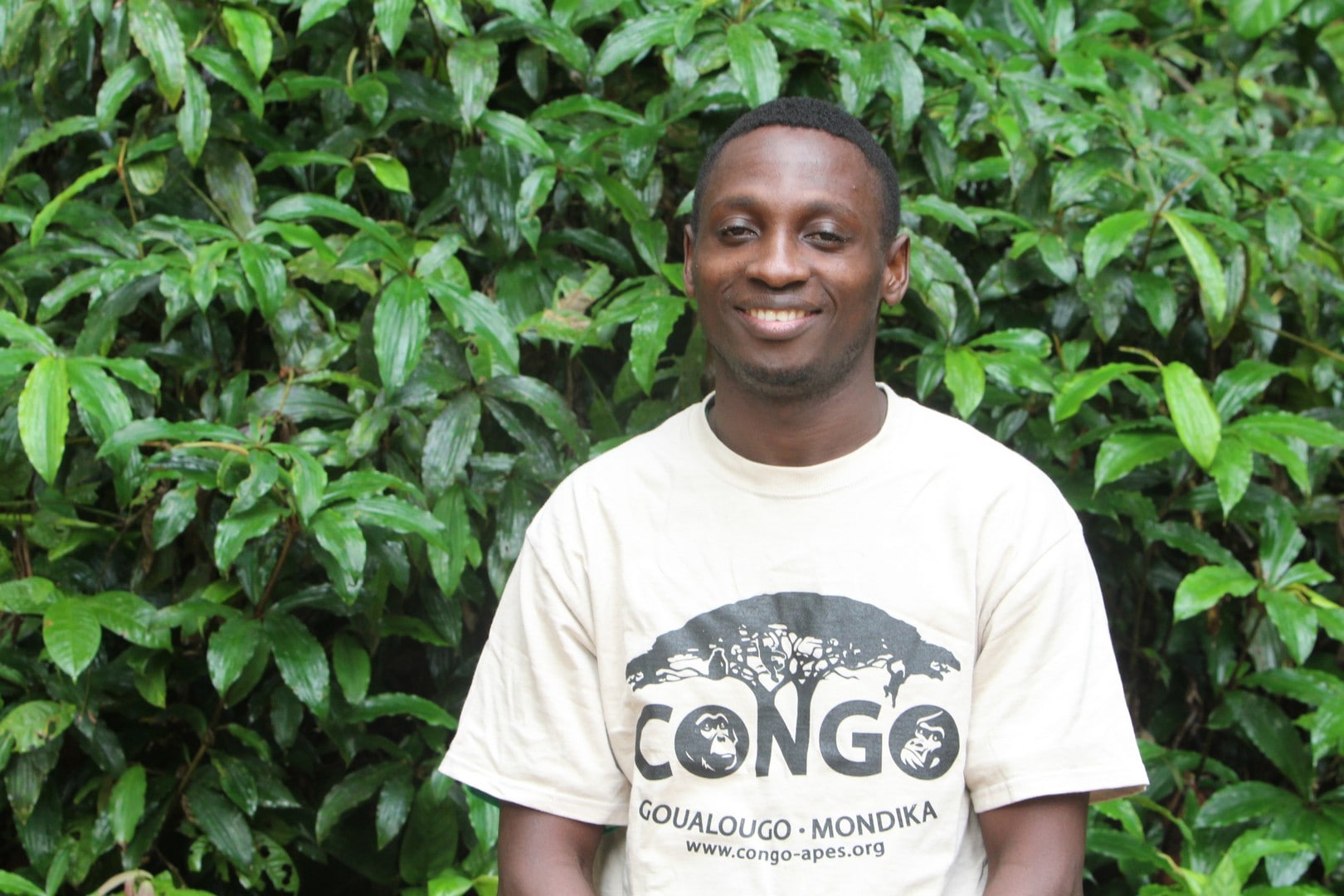
Prospere Teberd
Research Assistant-Gorillas
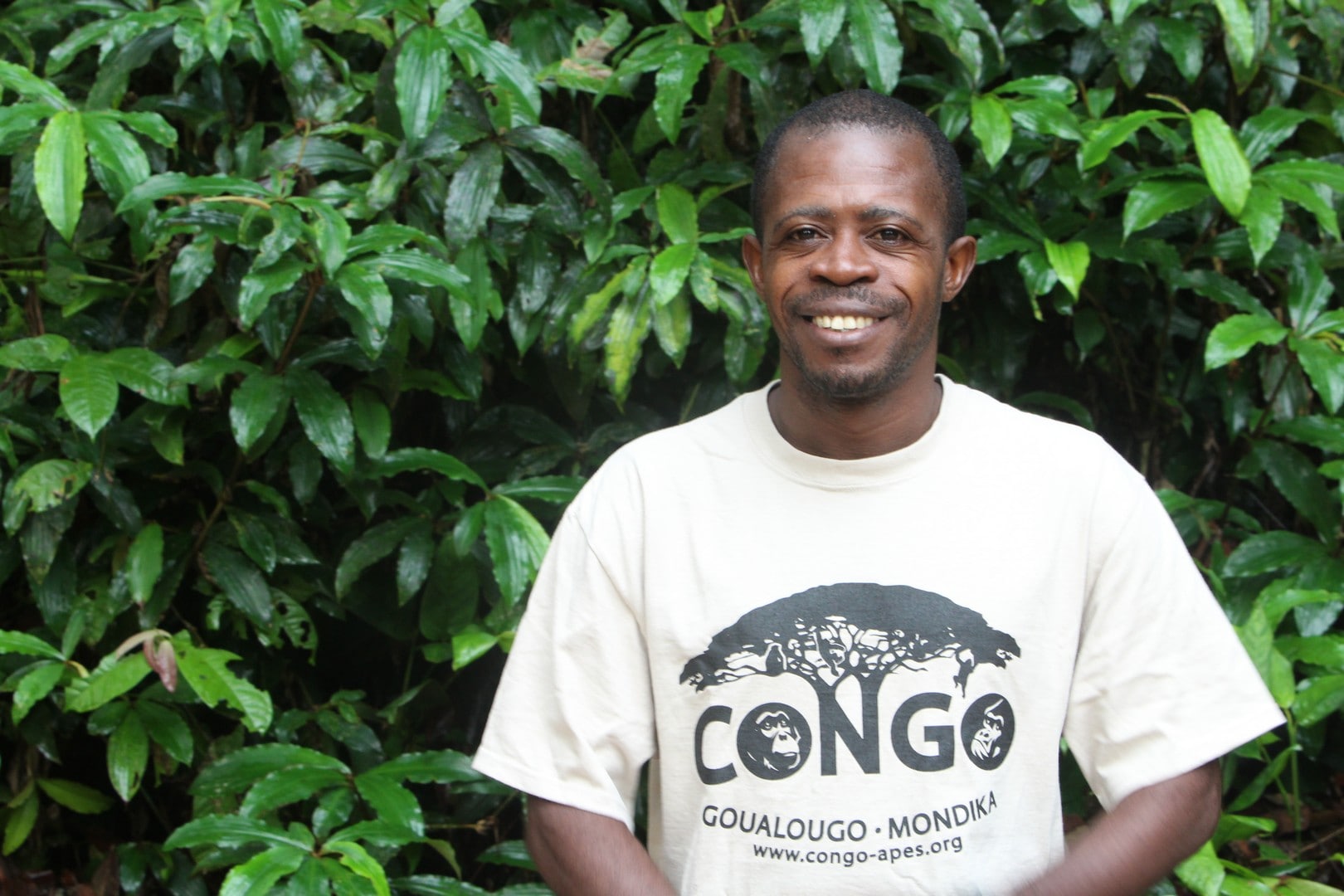
Abea Gaston
Research Assistant-Gorillas
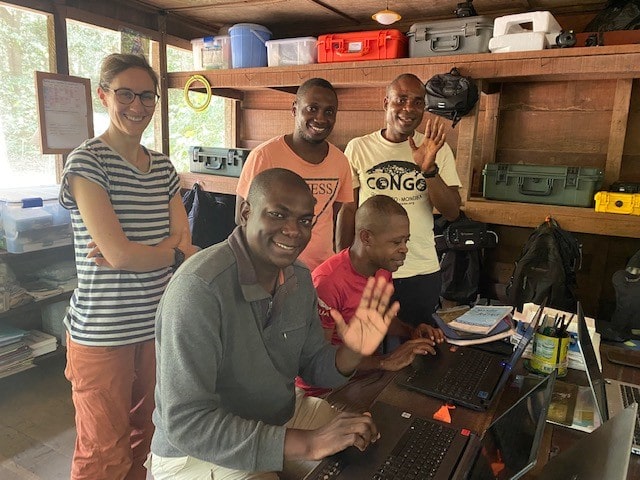
Mondika team members review data collected in the field as well as work on individualized research projects at the sites main office.
Shigue Signono
Research Assistant-Gorillas
Jancy Matoumona
Research Assistant-Gorillas
Esther Nkoussou
Research Assistant-Gorillas
Fabrice Ebombi
Research Assistant-Gorillas
Valued Collaborators
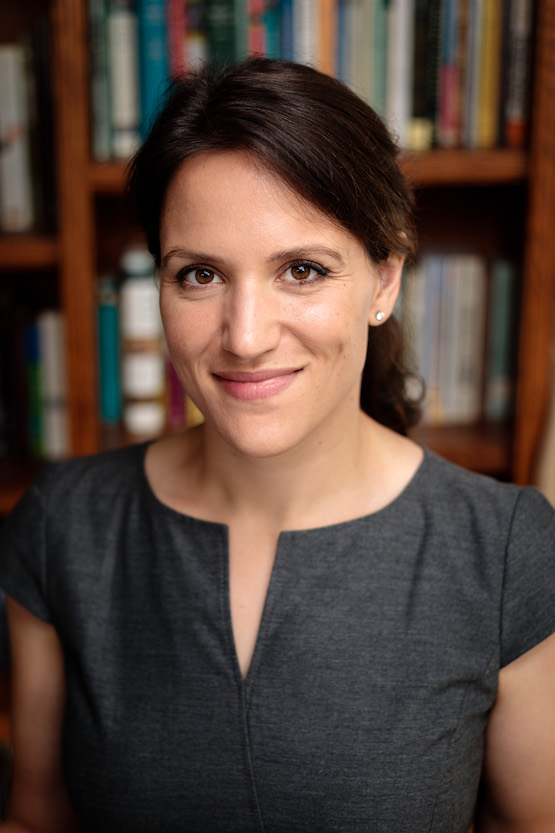
Stephanie Musgrave, Ph.D.
University of Miami, Miami, Florida
Professor Musgrave is a biological anthropologist interested in the evolutionary origins of culture and technology. Her research focuses on the social, cognitive, and ecological
READ MORE

Stephanie Musgrave, Ph.D.
University of Miami, Miami, Florida
Professor Musgrave is a biological anthropologist interested in the evolutionary origins of culture and technology. Her research focuses on the social, cognitive, and ecological
underpinnings of primate tool use. Stephanie is particularly interested in understanding what factors shape the diverse tool traditions of wild chimpanzees through the study of long-term data on the ontogeny and maintenance of complex tool behaviors among chimpanzees in Central Africa. Insights from this research can help illuminate how tool traditions persist among wild apes over time, which is essential for improving models of the evolution of human material culture. https://people.miami.edu/profile/[email protected]
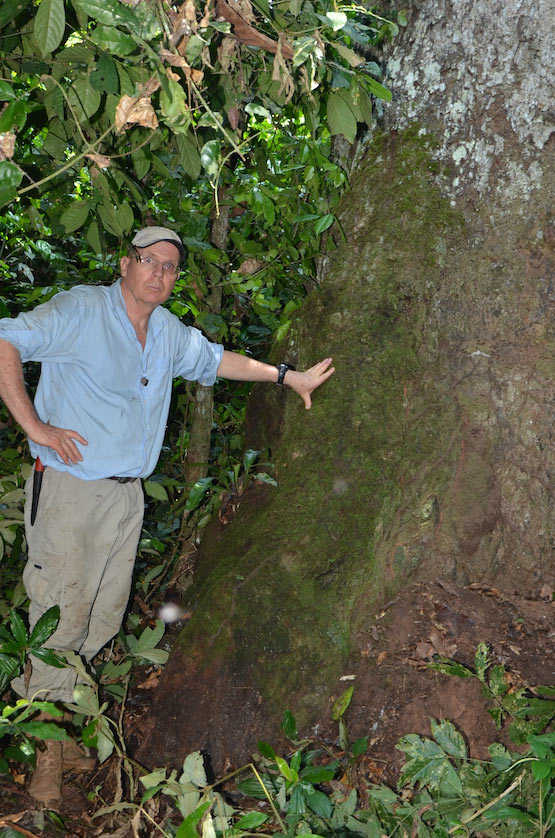
David Harris, Ph.D.
Royal Botanic Garden Edinburgh in Scotland
David Harris has been visiting Goualougo since 2002. He has several research interests on the plants of the Congo Basin, including vegetation history, ecology and taxonomy.
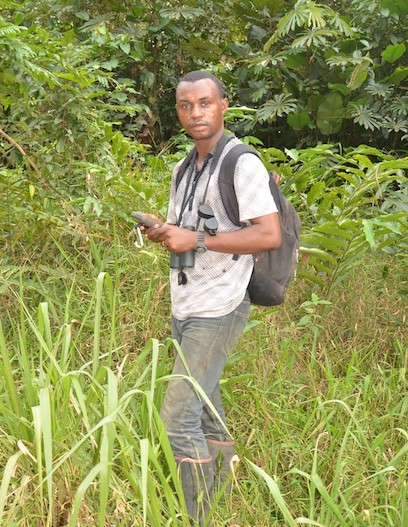
Sydney Thony Ndolo Ebika, Ph.D.
Universite Marien Ngouabi, Brazzaville
Dr. Ndolo Ebika began his research career with the Goualougo Triangle Ape Project in 2006 when he joined the team as a Research Assistant. Dr. Ndolo Ebika’s growing academic interest in flora led to
READ MORE

Sydney Thony Ndolo Ebika, Ph.D.
Universite Marien Ngouabi, Brazzaville
Dr. Ndolo Ebika began his research career with the Goualougo Triangle Ape Project in 2006 when he joined the team as a Research Assistant. Dr. Ndolo Ebika’s growing academic interest in flora led to
Mr. Ebika’s pursuit of a Masters Degree in Botany under the direction of Dr. Harris at the University of Edinburgh, Scotland. More recently, Mr. Ebika obtained a PhD. from the Universite Marien Ngouabi. His thesis focused on the ecology of fungi of central Africa. Mr. Ebika’s current research interest include studying and documenting diversity of tropical plants and fungi; capacity building in fundamental and applied biology and ethnobiological studies.
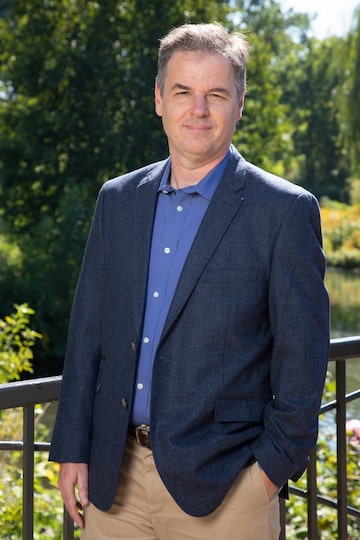
Stephen Ross, Ph.D.
Stephen Ross is the Director of the Lester E Fisher Center for the Study and Conservation of Apes at Lincoln Park Zoo. Here he directs a multifaceted program focused on primate behavior, cognition, welfare and conservation. He came to Lincoln Park Zoo in 2000 and conducted a wide breadth of studies that helped influence the design of what became the award-winning Regenstein Center for African Apes
READ MORE

Stephen Ross, Ph.D.
Stephen Ross is the Director of the Lester E Fisher Center for the Study and Conservation of Apes at Lincoln Park Zoo. Here he directs a multifaceted program focused on primate behavior, cognition, welfare and conservation. He came to Lincoln Park Zoo in 2000 and conducted a wide breadth of studies that helped influence the design of what became the award-winning Regenstein Center for African Apes
. Though Steve has published papers on species as diverse as polar bears, otters, and humans (zoo visitors), his primary focus is improving the welfare of chimpanzees. In 2009, these interests culminated with the initiation of Lincoln Park Zoo’s Project ChimpCARE, which seeks to assess and improve the housing and management of chimpanzees living as pets and performers and in other suboptimal situations. His research on how the inappropriate portrayal of chimpanzees in the popular media affects public attitudes of this species is a unique contribution to these efforts. Steve serves also serves as a member of the Board of Directors at Chimp Haven, the Council of Professionals for the North American Primate Sanctuary Alliance, and the V.P of Captive Care for the International Primatological Society. He is co-editor of both "The Mind of the Chimpanzee" (University of Chicago Press, 2010) and "Chimpanzees in Context" (University of Chicago Press, 2020).
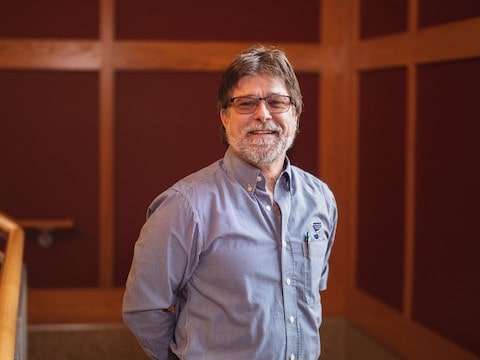
William (Bill) Winston
William (Bill) Winston has been a GIS Analyst at Washington University since 2009 where he works as part of the Olin Library Data Services team providing GIS support to faculty, students, and staff. Primary tasks include conducting spatial analyses, creation and management of spatial datasets, developing training materials, leading workshops, and providing software support for ArcGIS products.
READ MORE

William (Bill) Winston
William (Bill) Winston has been a GIS Analyst at Washington University since 2009 where he works as part of the Olin Library Data Services team providing GIS support to faculty, students, and staff. Primary tasks include conducting spatial analyses, creation and management of spatial datasets, developing training materials, leading workshops, and providing software support for ArcGIS products.
Bill is responsible for administration of the university’s ArcGIS site license, our ArcGIS Online Organizations, and he works on the interactive Campus Map. Bill is also an Adjunct Instructor for Arts & Sciences and University College teaching courses on GIS concepts and analysis and he acts as Coordinator for the UC GIS Certificate Program.
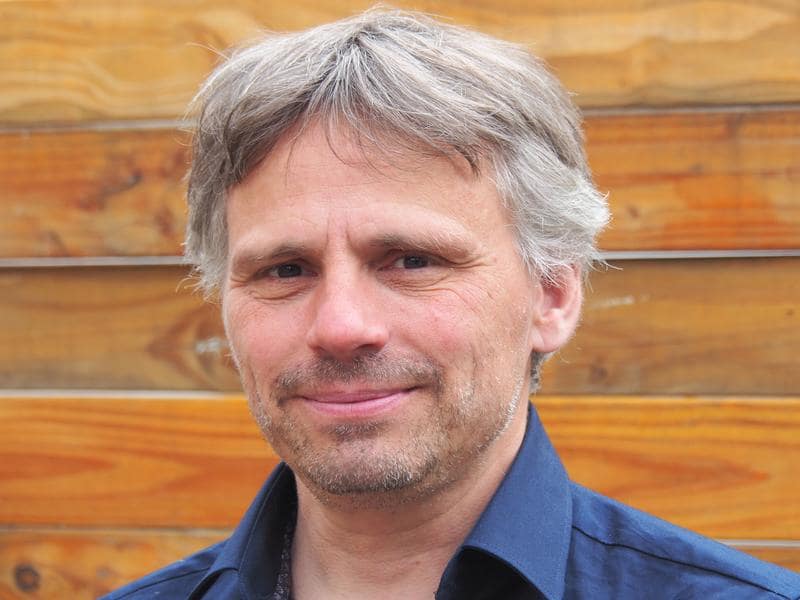
Fabian Leendertz, Ph.D.
https://www.leendertz-lab.org/
Fabian Leendertz, a veterinarian who has helped trace the origin of some of the world’s deadliest disease outbreaks, has been named the 2020 Champion of the Earth for Science and Innovation. Leendertz has led ground-breaking investigations into pathogens like Anthrax and Ebola, exploring how the contagions jump between animals and humans. He led a group of researchers who tracked a 2014 outbreak
READ MORE

Fabian Leendertz, Ph.D.
https://www.leendertz-lab.org/
Fabian Leendertz, a veterinarian who has helped trace the origin of some of the world’s deadliest disease outbreaks, has been named the 2020 Champion of the Earth for Science and Innovation. Leendertz has led ground-breaking investigations into pathogens like Anthrax and Ebola, exploring how the contagions jump between animals and humans. He led a group of researchers who tracked a 2014 outbreak
of Ebola back to a single, bat-filled tree in Guinea. “What is amazing is to do science that has an effect,” said Leendertz. “Doing work in an innovative environment, that I can see in my lifetime is having an effect, is really motivating.” Leendertz became interested in zoonotic diseases – contagions that vault between humans and animals – while doing PhD research on chimpanzees in Côte D'Ivoire. That started a lifelong career in primate ecology and pathogens, the micro-organisms that transmit disease. “I started with a focus on the health and disease of these wild chimpanzees,” explains Leendertz. “From there it was the logical next step to see if the pathogens we find in great apes would also be found in the human population, and to learn where the pathogens come from.” He now heads the eponymous Leendertz Lab focusing on zoonosis at the Robert Koch Institute in Berlin. His team investigates the sources and reservoirs of microorganisms in wild primates and other animals, and their transmission between species. Leendertz was recently named as one of ten researchers selected by the World Health Organization (WHO) to investigate the source of the COVID-19 pandemic.
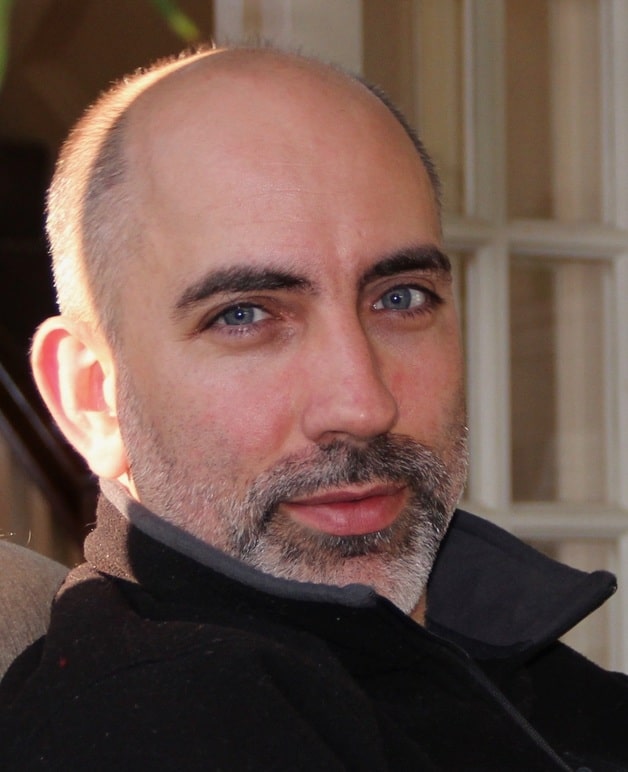
Thomas Gillespie, Ph.D.
http://envs.emory.edu/home/people/bios/gillespie-thomas.html
Thomas Gillespie is an ecologist and epidemiologist recognized for his integrative approach to the conservation of biodiversity and mitigation of emerging infectious diseases. He is currently a professor at Emory University. Gillespie was among the first to demonstrate that human impact on the environment can alter the dynamics of natural pathogens in wildlife, and create opportunities for
READ MORE

Thomas Gillespie, Ph.D.
http://envs.emory.edu/home/people/bios/gillespie-thomas.html
Thomas Gillespie is an ecologist and epidemiologist recognized for his integrative approach to the conservation of biodiversity and mitigation of emerging infectious diseases. He is currently a professor at Emory University. Gillespie was among the first to demonstrate that human impact on the environment can alter the dynamics of natural pathogens in wildlife, and create opportunities for
pathogens to jump between species. His efforts serve as demonstration projects of the One Health Approach. He has, also, guided international efforts to protect endangered species from human diseases and prevent future pandemics.
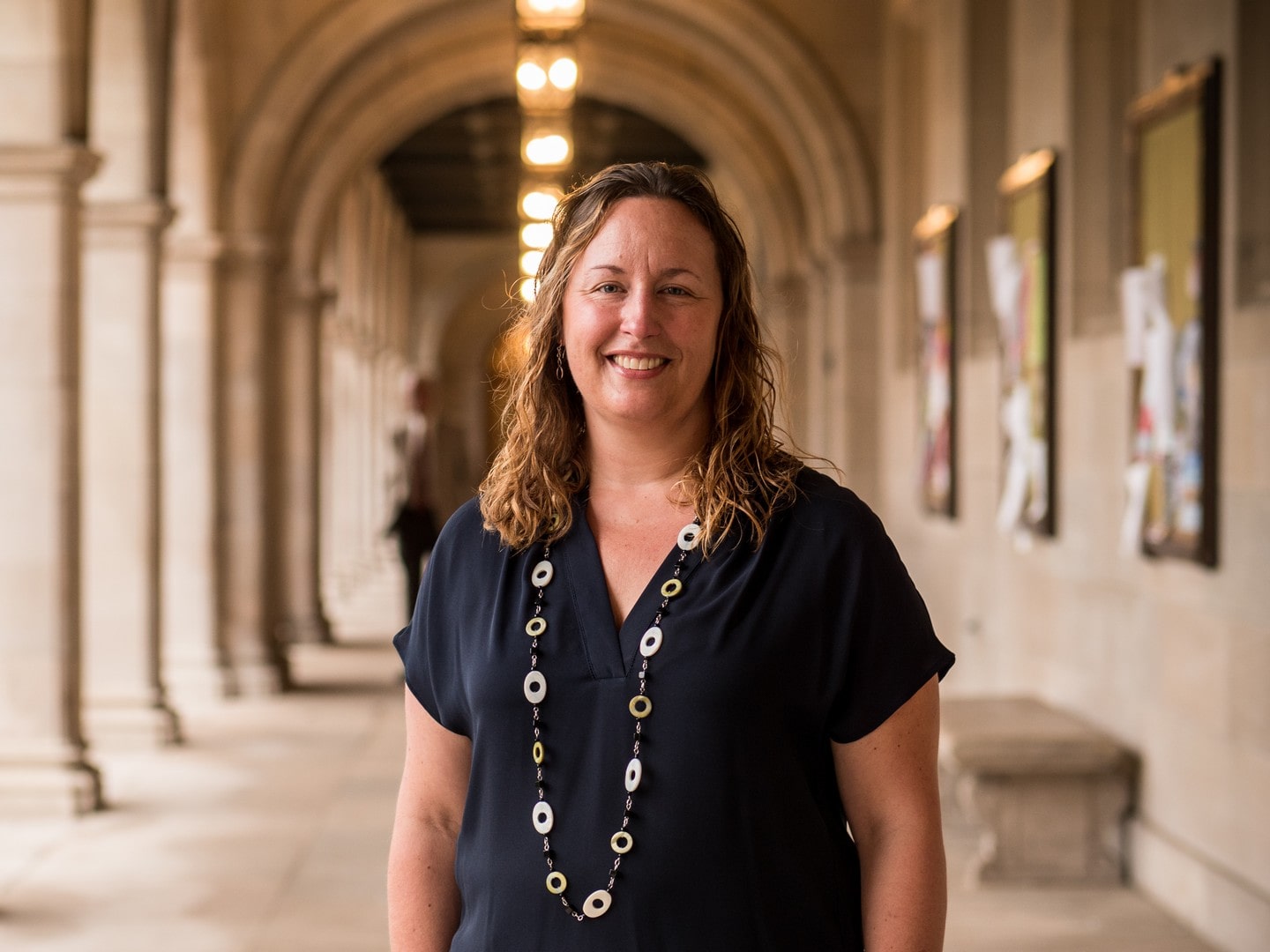
Emily Wroblewski, Ph.D.
Assistant Professor, Washington University in St. Louis
Emily Wroblewski is a molecular ecologist and anthropologist. We are working together to characterize the population genetic diversity of the Goualougo apes to see how genes of the immune system have evolved in response to selective pressure from infectious pathogens.

Fie Fang
Assistant Professor, Carnegie Mellon University, in Pittsburgh
Her research lies in the field of artificial intelligence and multi-agent systems, focusing on computational game theory with applications to security and sustainability domains. Her dissertation is selected as the runner-up for IFAAMAS-16 Victor Lesser Distinguished Dissertation Award. Her work has won the Innovative Application Award at Innovative Applications of Artificial Intelligence
READ MORE

Fie Fang
Assistant Professor, Carnegie Mellon University, in Pittsburgh
Her research lies in the field of artificial intelligence and multi-agent systems, focusing on computational game theory with applications to security and sustainability domains. Her dissertation is selected as the runner-up for IFAAMAS-16 Victor Lesser Distinguished Dissertation Award. Her work has won the Innovative Application Award at Innovative Applications of Artificial Intelligence
(IAAI’16), the Outstanding Paper Award in Computational Sustainability Track at the International Joint Conferences on Artificial Intelligence (IJCAI’15). Her work on “Protecting Moving Targets with Mobile Resources” has been deployed by the US Coast Guard for protecting the Staten Island Ferry in New York City since April 2013. Her work on designing patrol strategies to combat illegal poaching has lead to the deployment of PAWS application in a conservation area in Southeast Asia for protecting tigers. https://www.isri.cmu.edu/people/core-faculty/fang-fei.html
Graduate Students

Kristena Cooksey, PhD student in the Department of Anthropology at Washington University in St. Louis.
Born and raised in Chicago, Illinois, Kristena Cooksey began working in zoological institutions like Lincoln Park Zoo at a very young age. In 2011, Kristena graduated from Tuskegee University where she majored in Animal Science with a concentration in Wildlife Biology. Kristena then obtained a master’s degree in public policy from the Georgia Institute of Technology located in Atlanta Georgia.
READ MORE

Kristena Cooksey, PhD student in the Department of Anthropology at Washington University in St. Louis.
Born and raised in Chicago, Illinois, Kristena Cooksey began working in zoological institutions like Lincoln Park Zoo at a very young age. In 2011, Kristena graduated from Tuskegee University where she majored in Animal Science with a concentration in Wildlife Biology. Kristena then obtained a master’s degree in public policy from the Georgia Institute of Technology located in Atlanta Georgia.
Over time, Cooksey continued to foster her love for wildlife and conservation serving as a Wildlife Biologist for the government and also while working at other zoological institutions including the Smithsonian Institute’s National Zoo and Zoo Atlanta. It was during an internship at the National Zoo where she discovered her interest in apes, more specifically gorillas, and her long-term commitment to their conservation. Kristena is currently a doctoral candidate at Washington University in St. Louis working with Drs. Crickette Sanz and David Morgan. Kristena’s dissertation research is being conducted in the Goualougo and Mondika Triangle field sites. Using noninvasive approaches to study behavior and physiology, her dissertation research focuses on the interplay between sociality, stress, and health in western lowland gorillas (Gorilla gorilla gorilla) in the northern Republic of Congo.
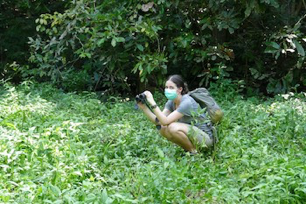
Katie Judson, PhD student in the Department of Anthropology at Washington University in St. Louis
Katie is studying space use of western lowland gorillas at Mondika and Goualougo. She is investigating plasticity in spatial strategies with emphasis on the significance of social dynamics on space
READ MORE

Katie Judson, PhD student in the Department of Anthropology at Washington University in St. Louis
Katie is studying space use of western lowland gorillas at Mondika and Goualougo. She is investigating plasticity in spatial strategies with emphasis on the significance of social dynamics on space
use decisions. Before starting her graduate studies at Wash U, she was a Research Assistant for the Max Planck Institute for Evolutionary Anthropology, working in Gabon, central Africa at the Loango Gorilla Project. Katie also served as a Research Assistant at the Luikotale Bonobo Project in the Democratic Republic of Congo.
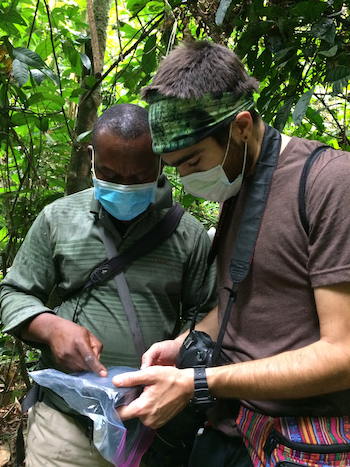
Phil McElmurray, PhD student in the Department of Anthropology at Washington University in St. Louis
Phil is investigating how anthropogenic changes such as selective logging affect the health, sociality, and conservation outcomes of western lowland gorillas and central chimpanzees in the northern
READ MORE

Phil McElmurray, PhD student in the Department of Anthropology at Washington University in St. Louis
Phil is investigating how anthropogenic changes such as selective logging affect the health, sociality, and conservation outcomes of western lowland gorillas and central chimpanzees in the northern
Republic of Congo. He is working with the apes at the the Goualougo Triangle Ape Project and Mondika Gorilla Project in Nouabalé-Ndoki National Park, as well as the apes in the nearby logging concessions. His work will involve combining observational health data, pathogen sampling, and landscape-level modeling to gain a holistic understanding of great ape health in the region. Before joining the lab, Phil obtained his B.S. in Mathematics and his M.S. in Biological Sciences from Virginia Tech, where he focused on community ecology and freshwater symbioses.
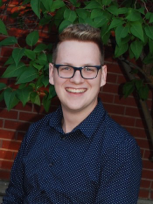
Jake Funkhouser, PhD student in the Department of Anthropology at Washington University in St. Louis
Jake is interested in the evolution of social complexity and social cognition in apes. His research focuses on the evolutionary origins of collaboration and cultural institutions. Jake studies chimpanzees in
READ MORE

Jake Funkhouser, PhD student in the Department of Anthropology at Washington University in St. Louis
Jake is interested in the evolution of social complexity and social cognition in apes. His research focuses on the evolutionary origins of collaboration and cultural institutions. Jake studies chimpanzees in
wild, sanctuary, and zoo settings using remote video technologies. Previously, Jake completed bachelor's and master’s degrees in Primate Behavior and Psychology at Central Washington University.
Laboratories
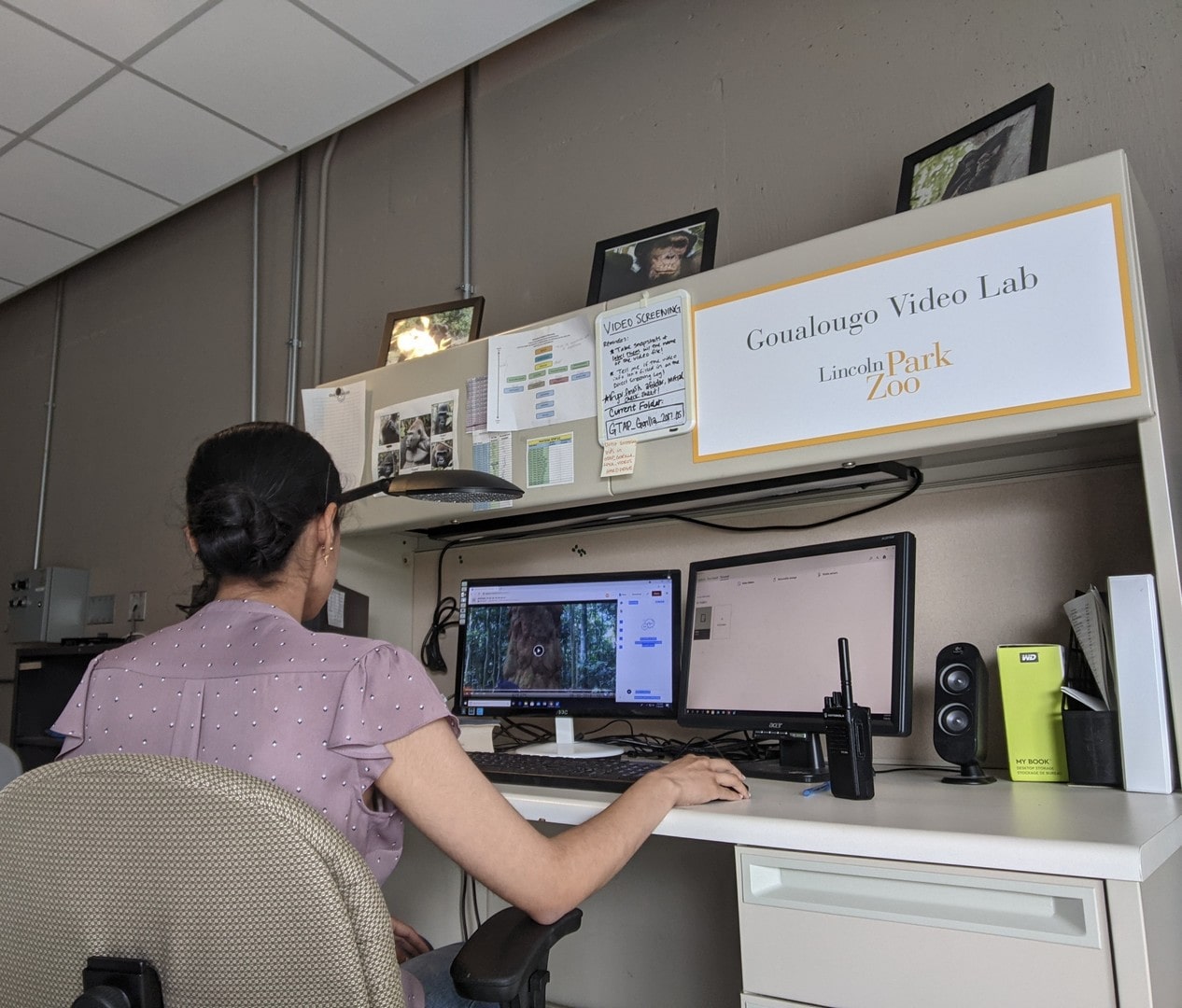
Lincoln Park Zoo, Chicago
About Goualougo Video Analysis Lab
Researchers at Lincoln Park Zoo’s Lester E. Fisher Center for the Study and Conservation of Apes are supporting the review of remote camera footage from Congo with the Goualougo Video Lab. Scientists there are studying seven terabytes of field footage—collating, analyzing, and recording data directly from the Goualougo Triangle and Mondika sites. In doing so, they’re working with researchers in
READ MORE

Lincoln Park Zoo, Chicago
About Goualougo Video Analysis Lab
Researchers at Lincoln Park Zoo’s Lester E. Fisher Center for the Study and Conservation of Apes are supporting the review of remote camera footage from Congo with the Goualougo Video Lab. Scientists there are studying seven terabytes of field footage—collating, analyzing, and recording data directly from the Goualougo Triangle and Mondika sites. In doing so, they’re working with researchers in
the Republic of Congo to paint a current picture of life for chimpanzees and gorillas in this pristine native landscape. https://www.lpzoo.org/science-project/goualougo-video-analysis-lab
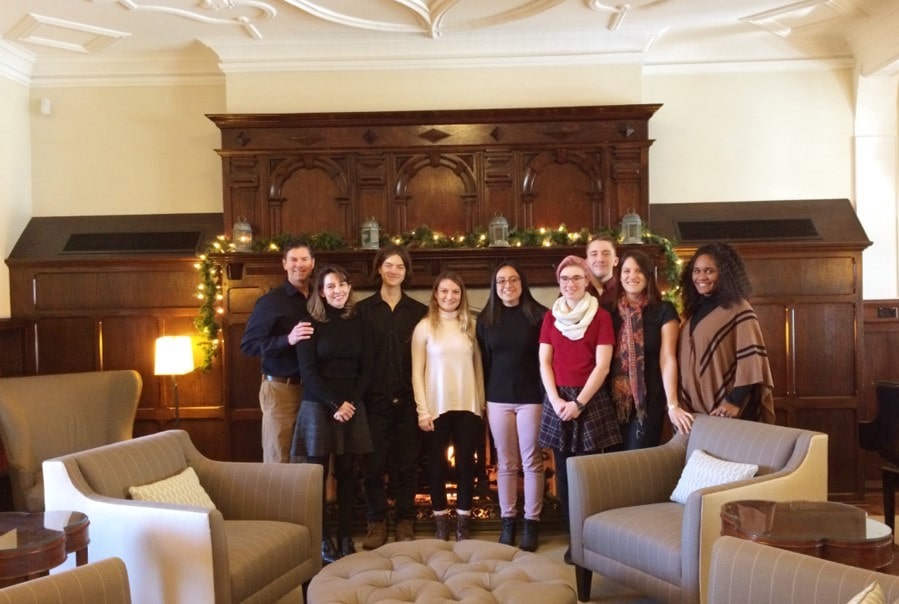
Washington University, Saint Louis
Living Primate Lab
Graduate and undergraduate students at Washington University, St. Louis participate in a variety of research projects including the review of camera footage from multiple sites in Congo to zoological and sanctuary settings in the USA. Students are also encouraged to participate in collating and analyzing long-term direct observational data from the Goualougo Triangle and Mondika sites as part of
READ MORE

Washington University, Saint Louis
Living Primate Lab
Graduate and undergraduate students at Washington University, St. Louis participate in a variety of research projects including the review of camera footage from multiple sites in Congo to zoological and sanctuary settings in the USA. Students are also encouraged to participate in collating and analyzing long-term direct observational data from the Goualougo Triangle and Mondika sites as part of
ongoing investigations into ecological and social factors shaping their lives and tool traditions. In doing so, these students act as force multipliers working with researchers in the Republic of Congo in order to inform the scientific and general public of the importance in conserving these endangered species. https://anthropology.wustl.edu/people/crickette-sanz

